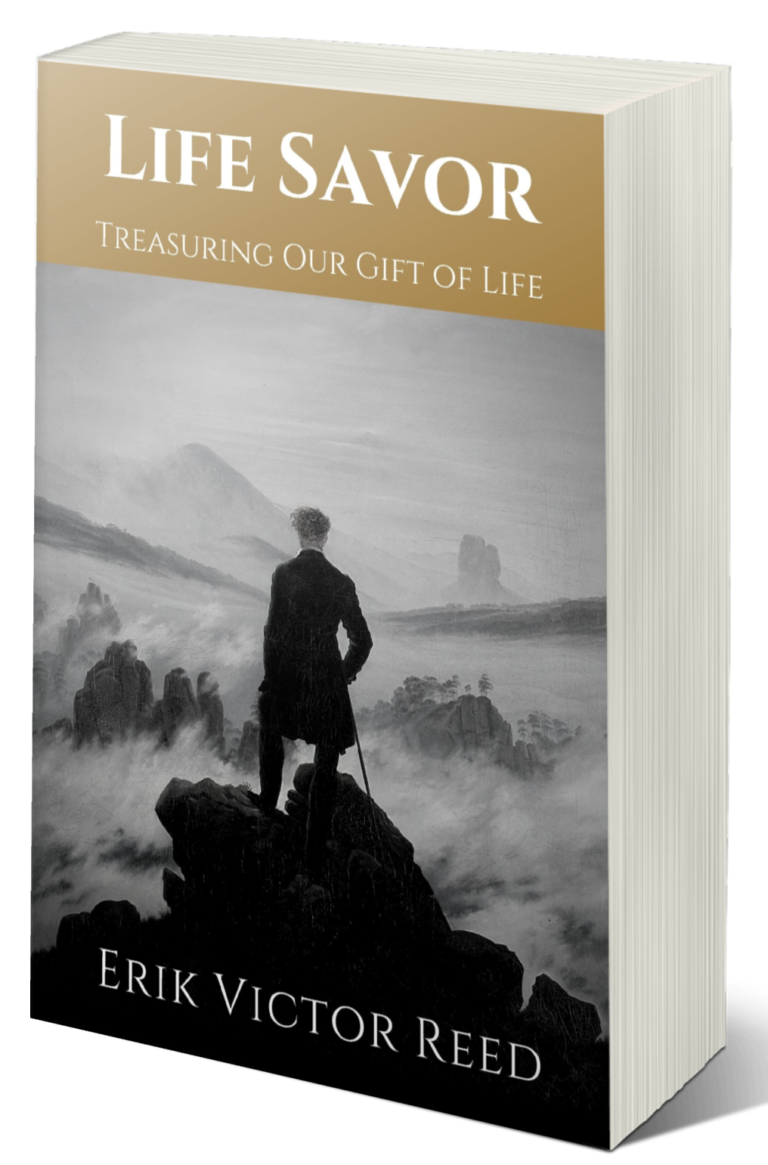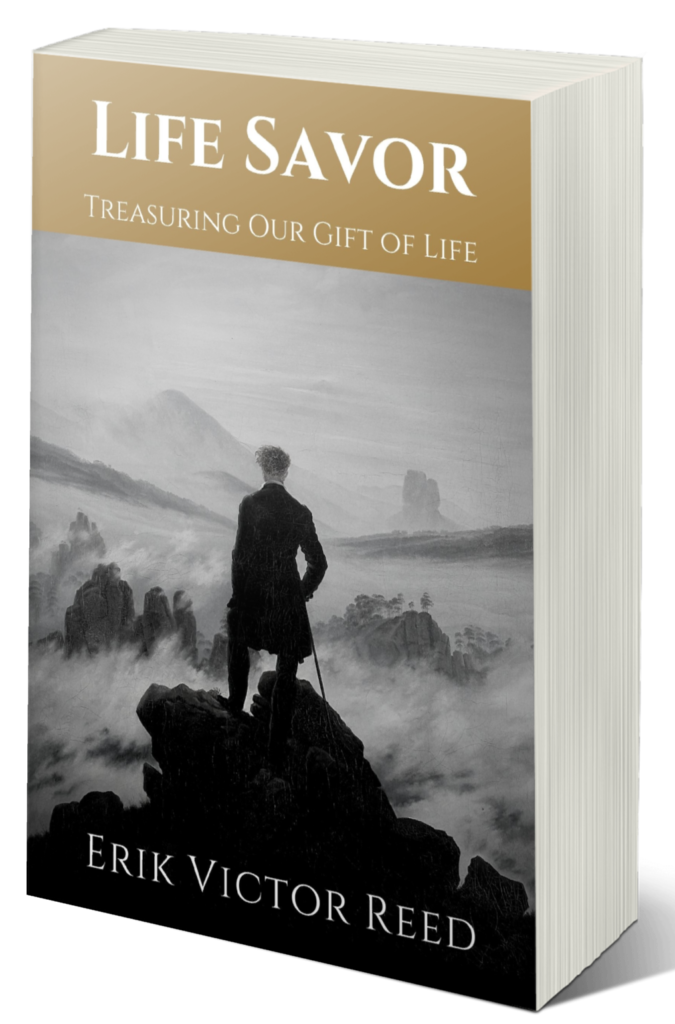How our emotions reveal what matters most
More Than Instinct
Most animals live by instinct. They hunt, nest, mate, and protect. Humans do these things too, but then we do something else: we seek to understand. And even further, we step back and ask, What does it mean?
A wolf may defend its territory, but it doesn’t write songs about belonging. A dolphin may leap for joy, but it doesn’t wonder what joy is for. We are the creatures who not only live, but reflect on life — and that reflection awakens something new: sentiment.
Sentiment is not the same as mood. It is our emotional resonance with meaning. It is the way our hearts respond when values come into focus: dignity, love, justice, beauty. When you feel indignation at injustice, or tenderness at a child’s laugh, or awe at a night sky, you are experiencing sentiment.
Why Sentiment Matters
Sentiment is what elevates survival into significance. It is why a parent keeps vigil through the night for a sick child, or why a soldier risks his life to save a comrade. No spreadsheet of calories or dollars can explain it. We are moved by realities that cannot be measured, only treasured.
This is also why human beings can die for things “beyond survival.” History is full of people who laid down their lives for love, freedom, honor, or decency. To outsiders this might look irrational. But it is deeply human. It shows that we live not just for existence, but for the values that give existence meaning.
Without sentiment, our lives would be technically functional but spiritually thin — like a machine that runs smoothly but has no song.
The Double Edge of Feeling
Of course, the same gift that makes life rich also makes it painful. To be human is to feel beauty — and therefore to feel loss. To love is to risk grief. To hope is to risk disappointment.
It’s tempting to wish away the vulnerability. Wouldn’t life be easier if we didn’t ache? But if we couldn’t be wounded, neither could we be moved. The very possibility of heartbreak is proof that we care, and caring is the price of a life worth living.
In that sense, our fragility is not a flaw. It is the sign that we are alive in the deepest way.
Sentiment and Aesthetic Experience
When reflection and feeling combine, they create what I call aesthetic experience: the “tingle of meaning” when something strikes us as profoundly significant. It can be a symphony, a painting, or a child’s whispered “thank you.” It doesn’t have to be grand. It only has to be felt, with an undercurrent of meaning.
Aesthetic experience is the payoff of being human. It’s why we build museums, tell stories, and pass down recipes. It’s why a single gesture can matter more than a mountain of achievements. We don’t just want to live — we want to feel that living is meaningful.
A Culture Suspicious of Feeling
Our culture often mistrusts sentiment. We call it “sentimental” as if it were weakness or fluff. We idolize utility, efficiency, and data. But the truth is, sentiment is how values take root in action.
You stand up for a stranger because outrage burns. You persist at a hard task because hope still glows. You forgive because tenderness returns. Our deepest commitments don’t spring from spreadsheets; they spring from the stirrings of the heart.
If we ignore sentiment, we risk flattening our lives into mere output and awards. If we honor it, we find a truer compass that aligns ambition with our deepest heart.
Everyday Scenes of Sentiment
Consider the small things that endure:
- A crayon drawing taped to your fridge years past its expiration date.
- A song that brings back a whole season of life.
- A grandmother’s recipe repeated not for efficiency, but for memory.
These things are not “useful,” yet they anchor us. They remind us that meaning isn’t always about progress or productivity — it’s about resonance.
Practices for Cultivating Sentiment
We don’t have to leave sentiment to chance. We can train ourselves to notice, honor, and deepen it:
- Name the value at stake. When you feel moved, ask: What value is being touched? Dignity? Love? Beauty? This makes the feeling intelligible and usable.
- Give form to feeling. Capture it in a note, a photo, a ritual. When we give shape to sentiment, it lasts beyond the moment.
- Curate your exposures. Beauty and goodness aren’t evenly distributed. Seek out art, nature, and people who ennoble you. We become what we behold.
Closing Thought
To be human is to live by more than instinct. It is to let meanings become feelings and cherished values, and to let those cherished values become our guides. Our sentiments are not distractions from real life — they are real life, illuminated.
So when your days flatten into errands and noise, pause. Remember that you are the kind of creature who can be moved by a poem, undone by a song, anchored by a memory. That is your glory. That is your gift.
Life is precious not just because we live it, but because we can feel its significance.
For more like this, visit the broader project at life-savor.com, or explore the Life Savor book itself.
To learn more about Life Savor’s philosophy,
read Life Savor: Treasuring Our Gift of Life by Erik Victor Reed.








